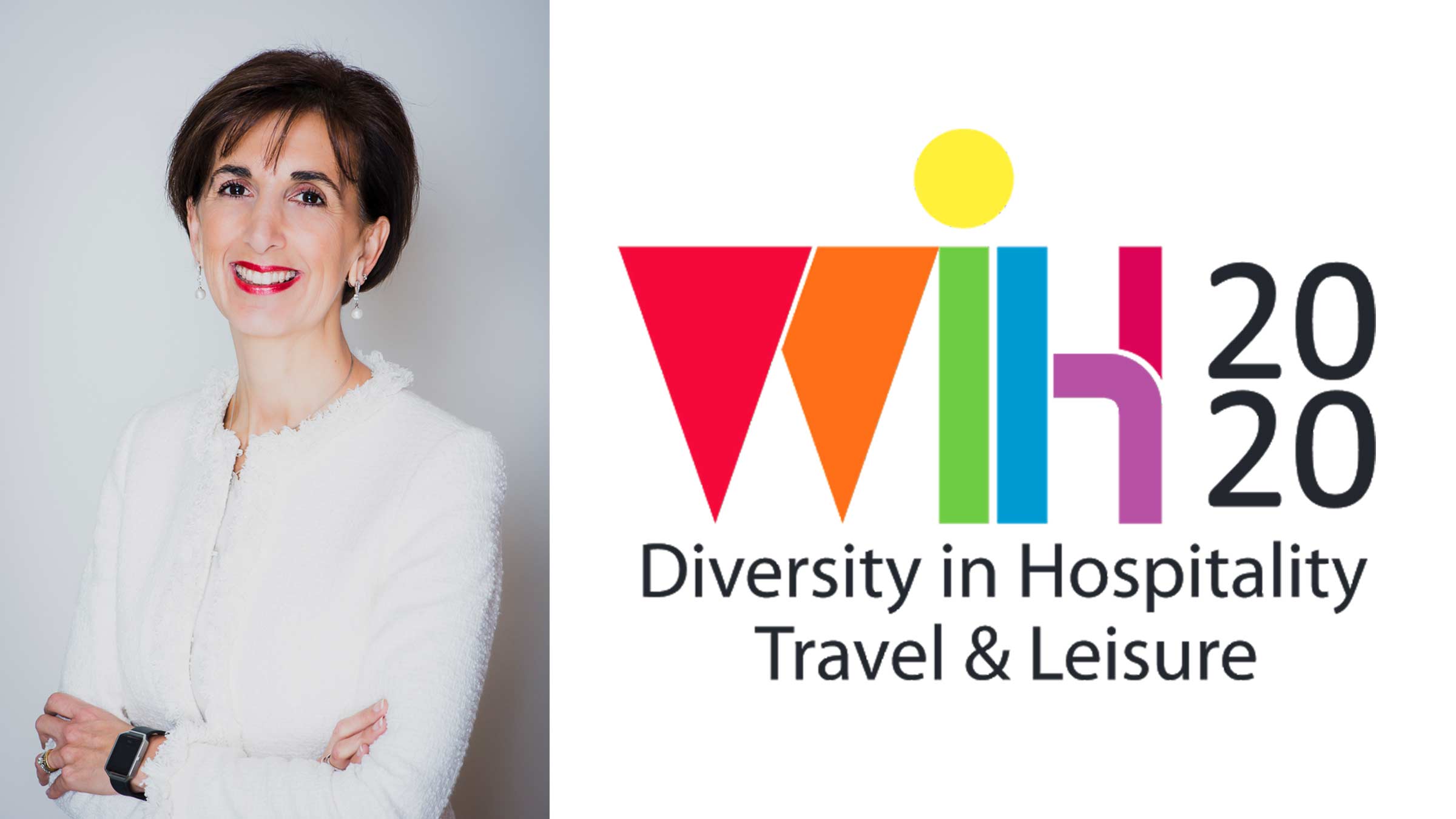One of the roadblocks professional women face is making the transition back to work after a period of absence. In the hospitality, travel and leisure sector, the demands of a field-based operational job – often with patches that span several hours drive – are not sustainable with a young family. Neither are the antisocial hours that come with running a pub or hotel. It’s no wonder many women choose not to return. If they do, employees – especially women – will often compromise on their position and salary package because they require more flexibility. This just shouldn’t be the case. More and more employers are beginning to understand the benefits of hiring and providing support for these employees. Returners already know your business, why not put that knowledge to good use?
Held at The Clubhouse, an immaculate yet inviting high-rise in the centre of London, an enthusiastic audience gathered to discuss this very subject. Aimed at rallying the entire hospitality, travel and leisure industry into attracting more returners, Comeback to HTL addressed some of the issues associated with flexible working practices. The event, hosted by WiH2020, was one in a series of initiatives to promote the equal representation of women in leadership positions within the sector.
After an inspiring welcome address from WiH2020 founder Tea Colaianni, we could already see the smiles growing across several faces. Attendees then listened attentively to Catherine Murphy, PwC’s One Firm Talent Pool Lead, who outlined the benefits of returner schemes for employees and employers alike.
Thanks to the 30 hours of free childcare a week now offered to certain UK families, in the last two decades the percentage of working mothers with dependent children has risen from 61.9% to 73.7%. However, there is a lot more that HTL and other sectors can do to encourage more women to re-join the workplace.

“Comeback to HTL is a ground-breaking cross industry programme bringing together over 15 hospitality, travel and leisure companies all committed to supporting some incredibly passionate and skilled women returners get back into our industry. I am incredibly excited about the chances and opportunities this programme can create for women who have had a career break for whatever reason and are looking to re-enter the workforce.” – Tea Colaianni, Founder, WiH2020
Some sectors are already ahead of the curve. In the world of tech, Amazon and Vodafone have been encouraging women to apply to their returner initiative for a few years. In the media industry, Sky, BBC and ITV all have their own returner programmes. Launched in 2018, Sky’s Returners Programme operates across five of its key business areas: Technology, Sky Sports, Sky Media, Finance and Product. The paid six-month placement is designed for both men and women who have taken a break from their previous careers for two or more years who have worked at a senior level in a corporate environment and hope to take on a leadership position again.
Returner programmes aren’t exclusively for women with childcare responsibilities. About a third of the working age population has taken a career break. Some of which chose to leave regular employment to set up their own businesses, go freelance, or to retrain in a different area. It is noteworthy that we don’t know a single company in the HTL sector who actively track men or women who, for whatever reason, choose to take a career break – and, consequently, we don’t have pro-active outreach programmes to even keep these people in touch with our sector in case they would like to return in the future.
For both men and women, it’s not easy going back to work after parental leave or sabbatical. Maintaining confidence, identifying relevant opportunities, reassessing your skills and abilities all add to the overwhelming nature of finding the right opportunity. Programmes like Comeback to HTL are a fantastic way for people to gain advice about returning to a once successful career or enquiring about switching to a different sector altogether. Alternatively, returners have the opportunity to upskill. Initiatives like PwC’s back to business programme aid with the transition back into the workforce – making them more employable in the process.
Even if you haven’t taken a break from work, upskilling is becoming more important. As we learnt from Keynote speaker Catherine Murphy, the Fourth Industrial Revolution is disrupting almost every industry, resulting in increased demand for new skills. According to the World Economic Forum, about 54% of all employees across the world will need significant re- and upskilling by 2022.
Additionally, at the event, we were thrilled to hear from nearly 20 employers talking about how working flexibly has now become possible – even in roles where traditionally flexible working wouldn’t be considered. As the day progressed, Comeback to HTL’s attendees were invited to participate in a series of interactive sessions ranging from CV presentation and interviewing skills run by MBS’ Elliott Goldstein, to advice on managing stakeholders to make returns successful with Iole Matthews from the leading work and family solutions provider, My Family Care. These wisdom-filled sessions were well received. By the end of the day, many of the attendees felt they, once again, had the confidence to get stuck into hospitality, travel and leisure. There’s a sense of empowerment knowing that even if you’ve taken a career break, it doesn’t take much to get back into the game.
Providing returners with a place to share their experiences and learn from others was just another example of how invaluable WiH2020 events are. We can’t wait to participate in the next Comeback to HTL event on 2nd October 2019.








